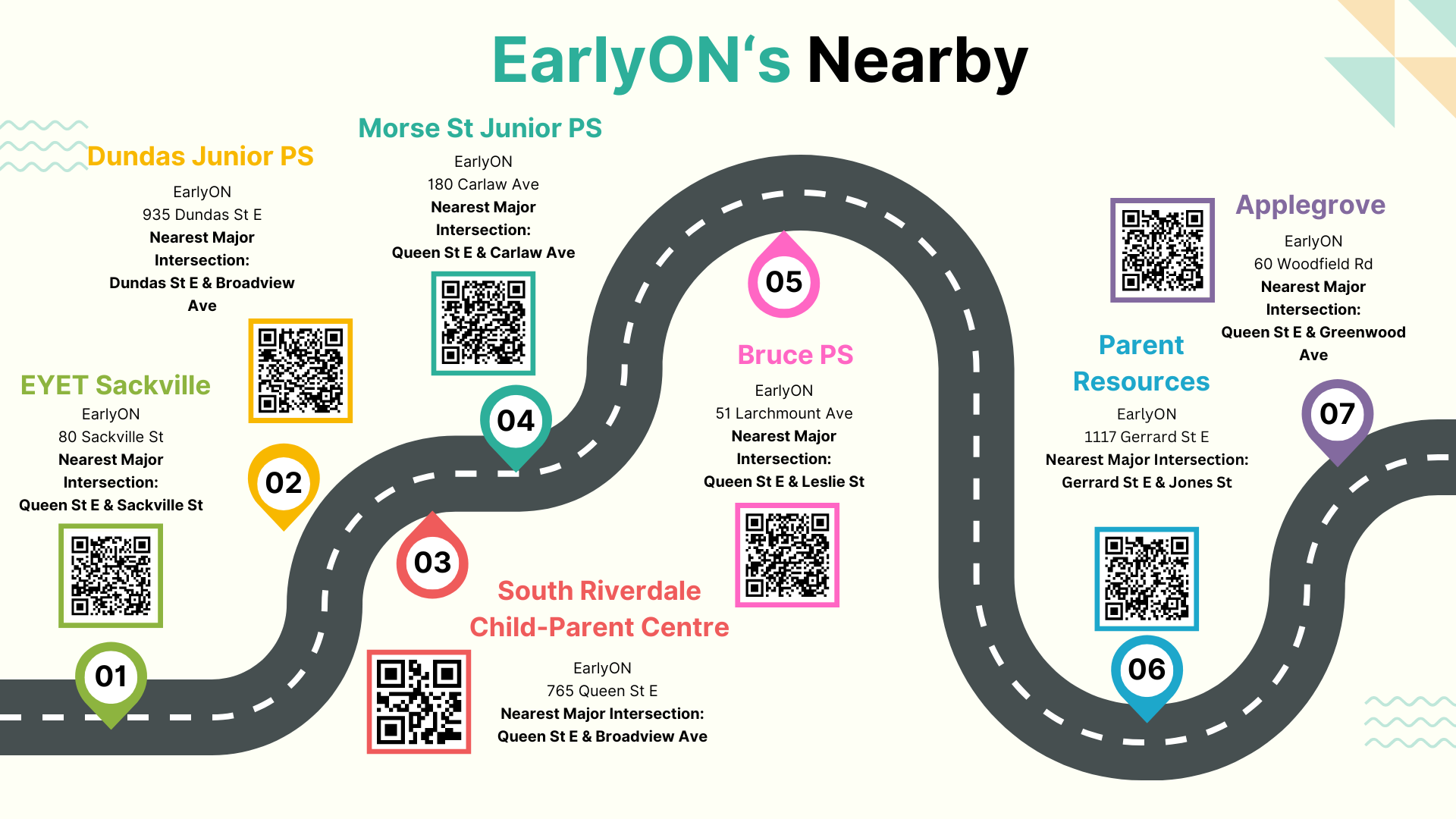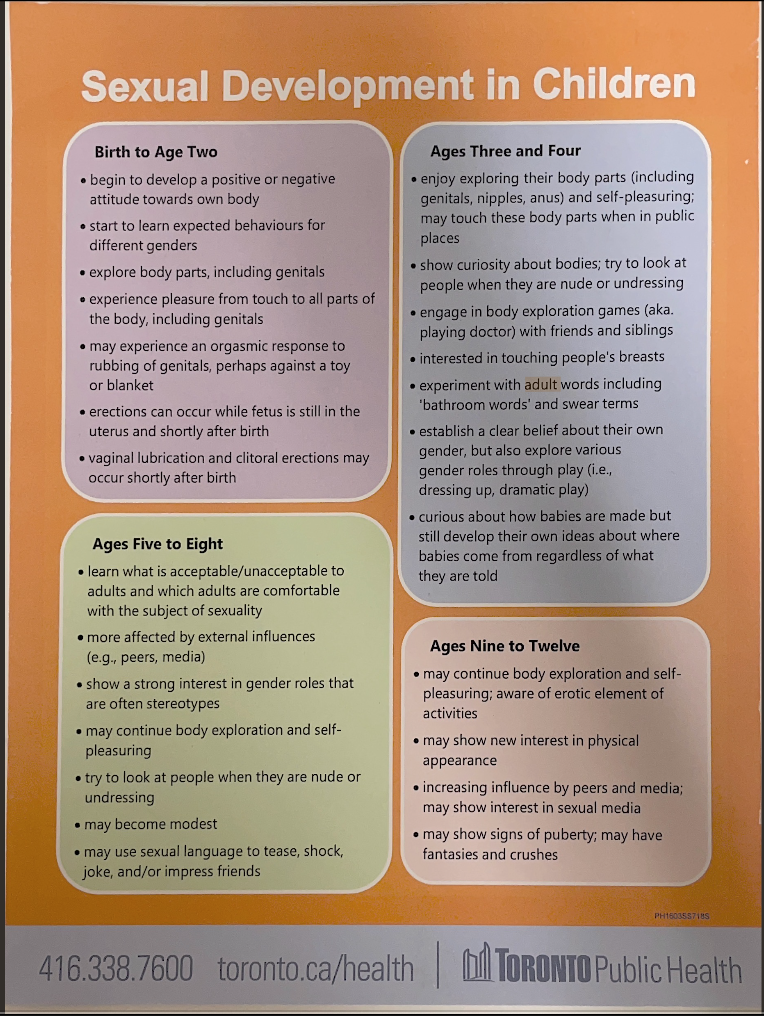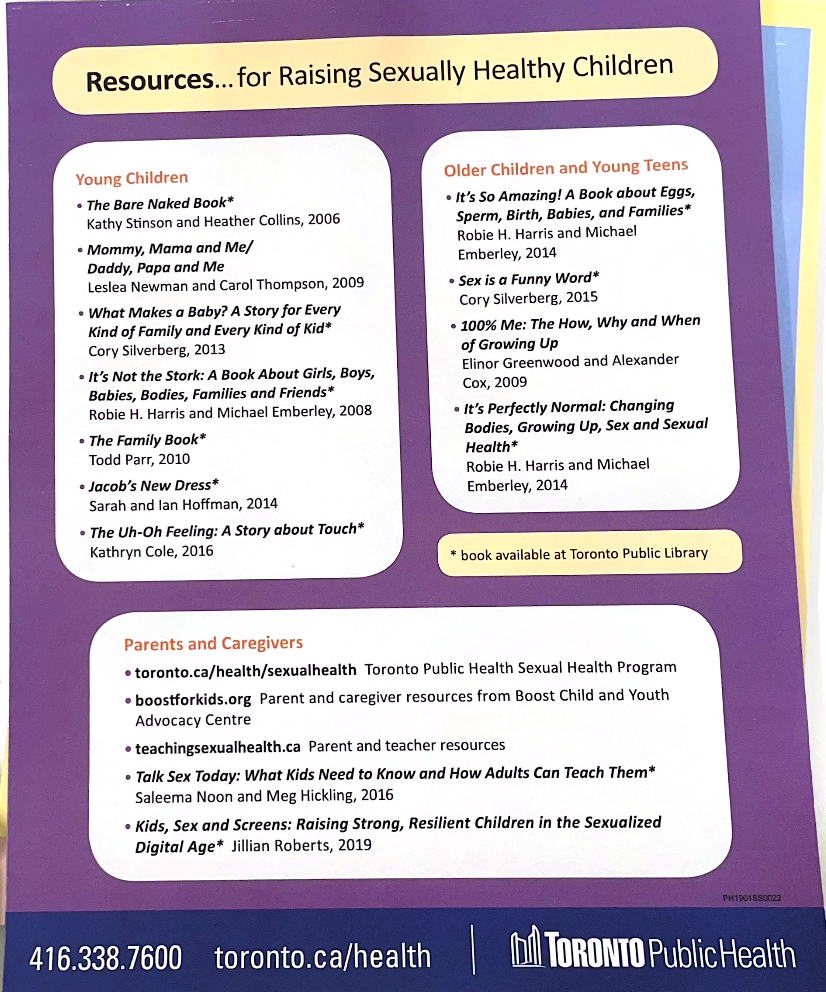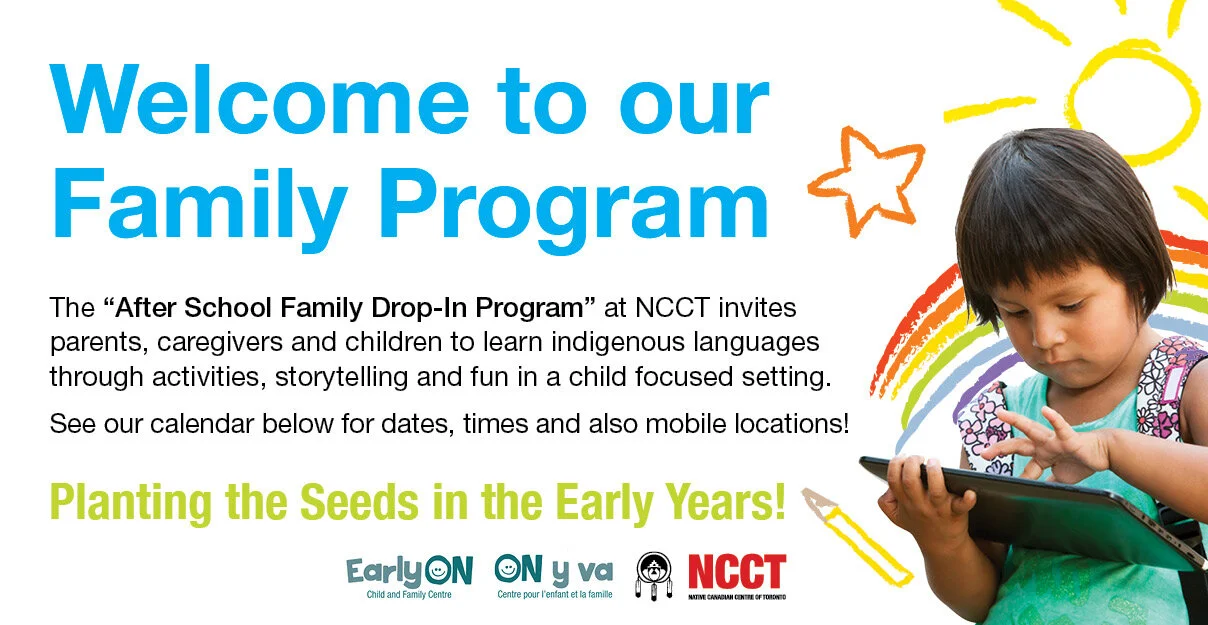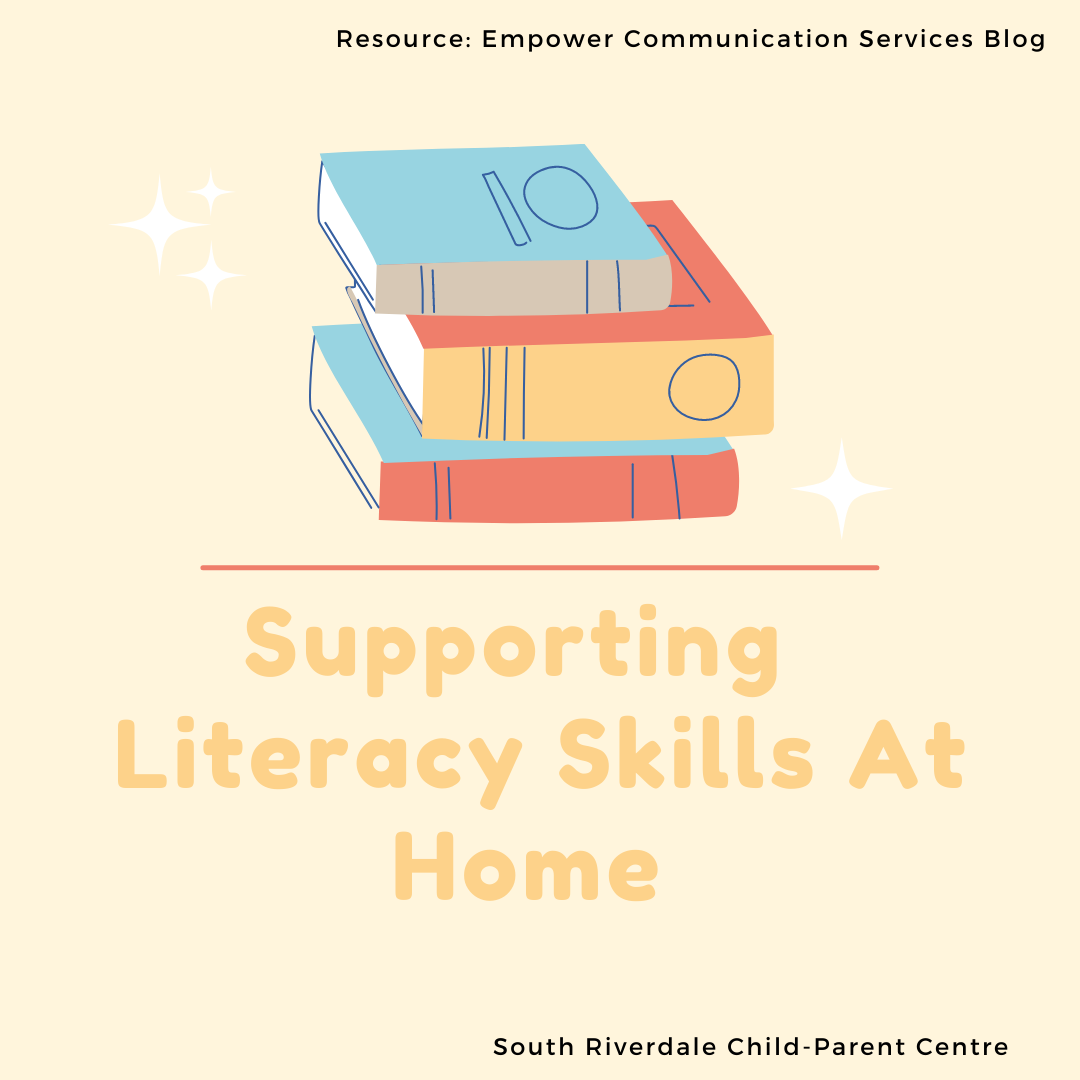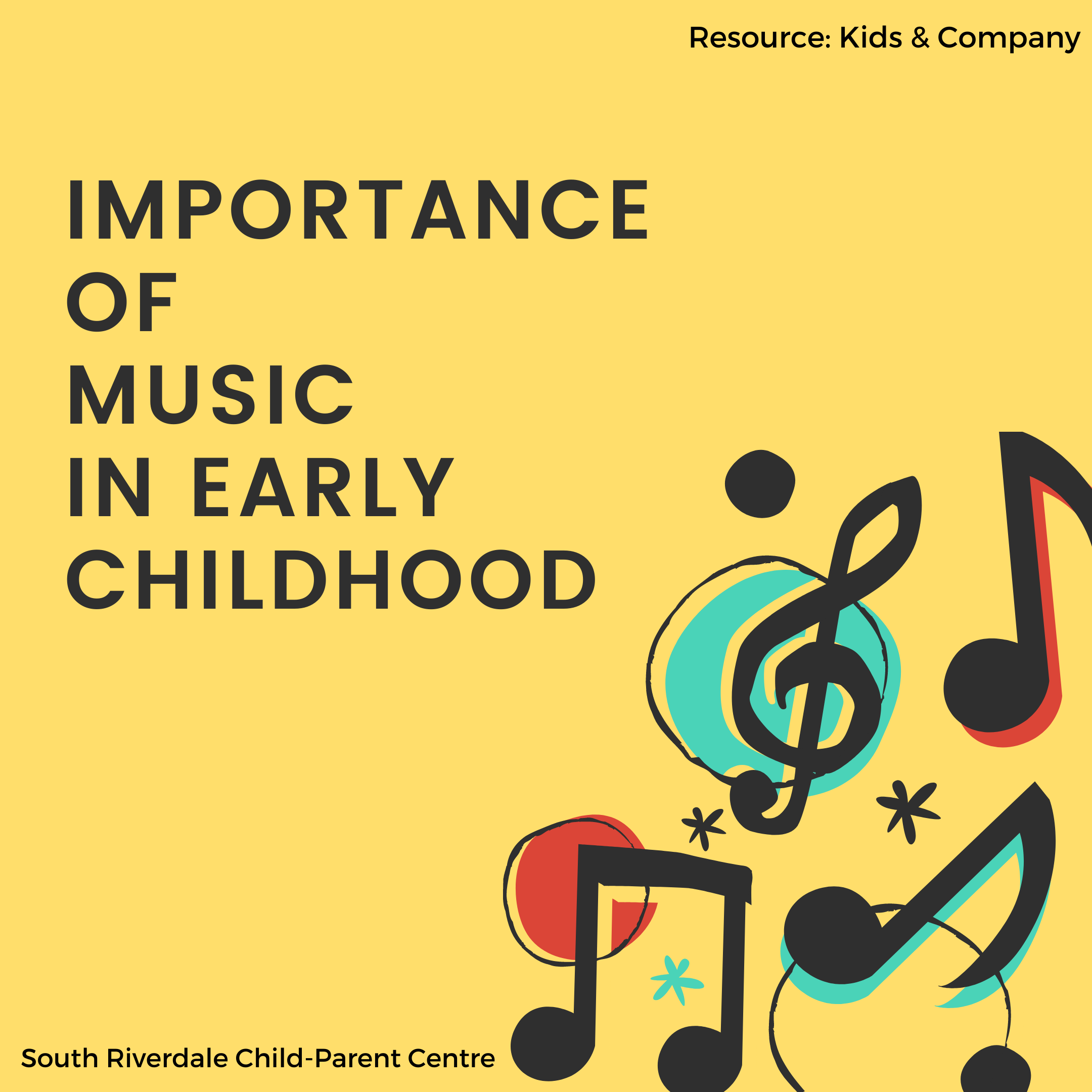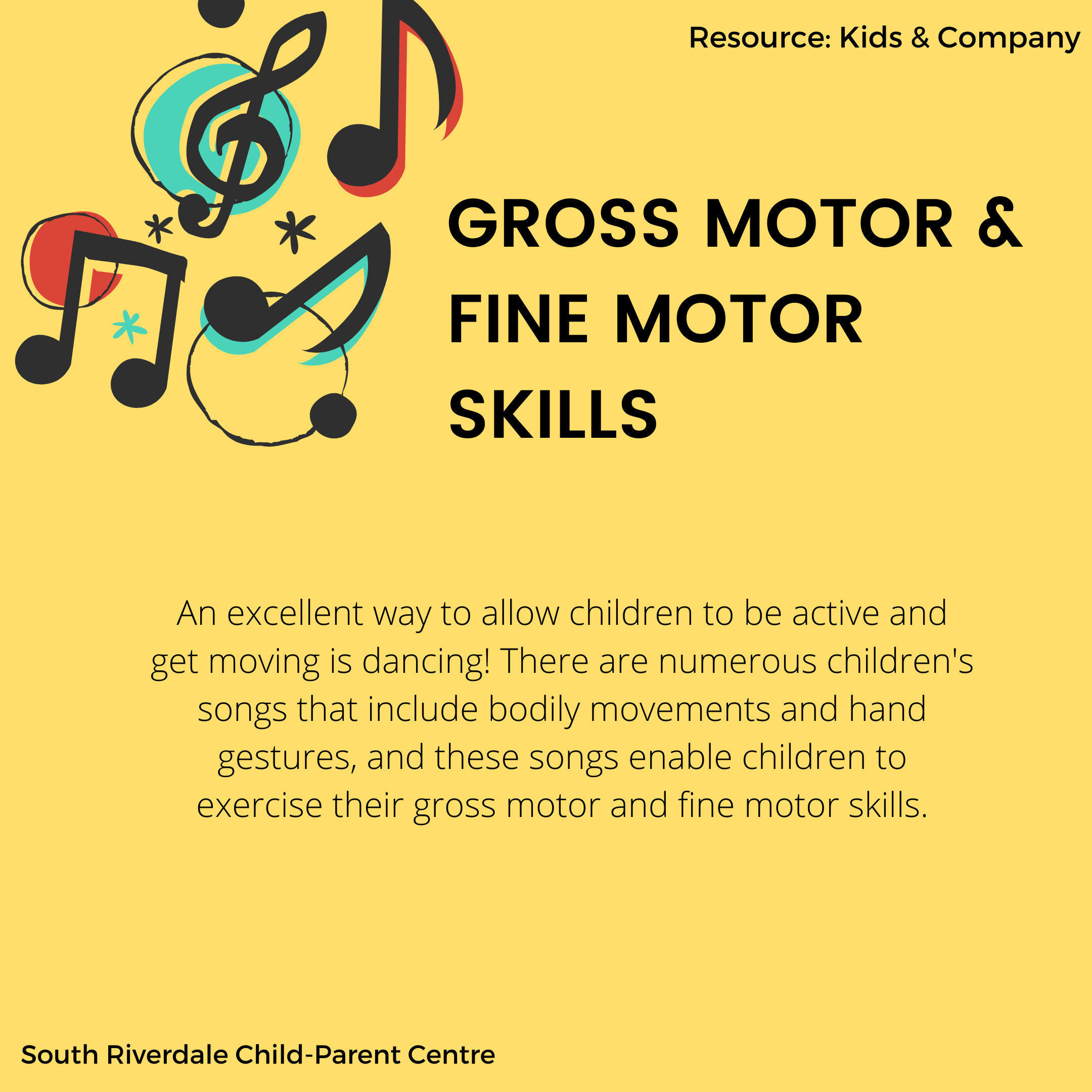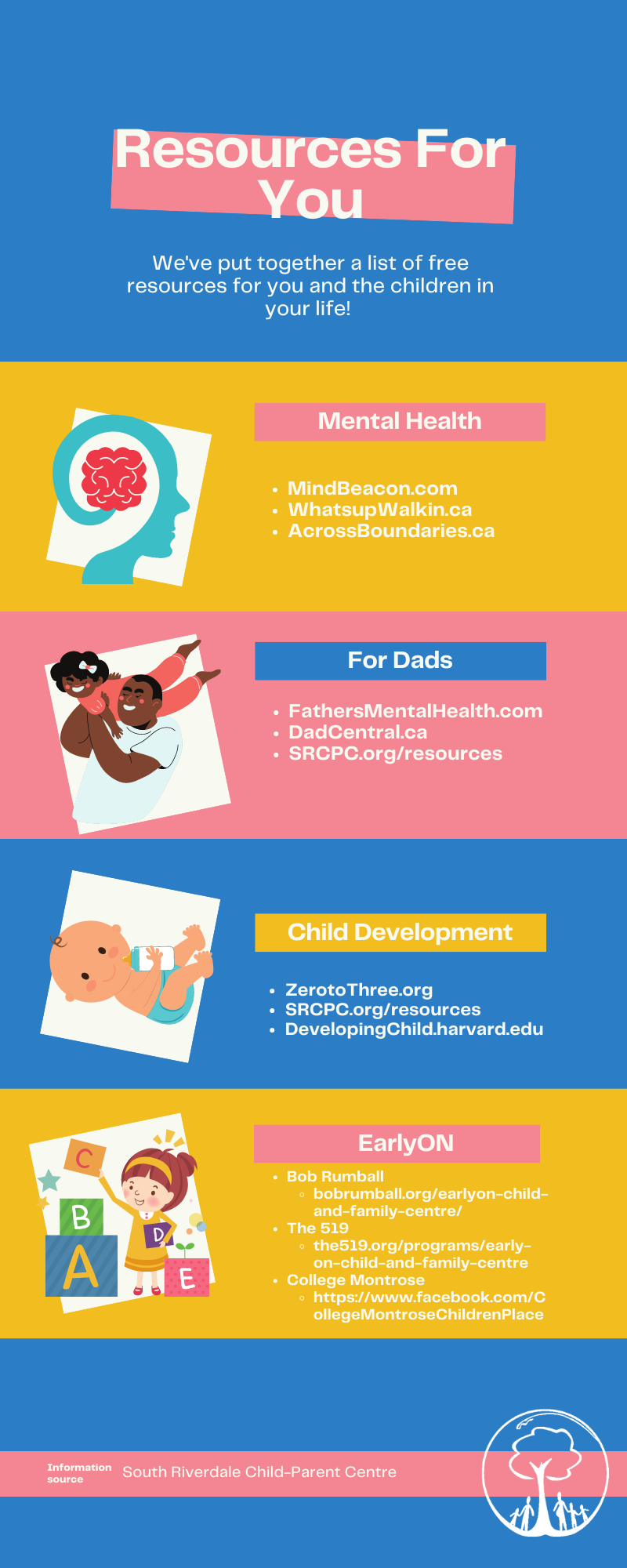RESOURCES
What Lumenus Does
If you need support, or you’re a caregiver to a person of any age in need of help, you just found it. We know your path hasn’t been easy. We know the system has been challenging to navigate. That ends here. At Lumenus, we remove the barriers. We push open the doors that feel heavy. We offer a broad range of high quality mental health, developmental, autism and early years intervention services to children, youth, families, and individuals across Toronto. And the light is always on.
Parents and Caregivers support the social and emotional development of children through relationships and play. These eight Infant and Early Childhood Mental Health Play Statements provide parents with information and activities that foster self-regulation, positive thoughts, resilience, emotional development, well-being, empathy, communication and attachment.
Developmental Milestones (0 - 12 Months) with Dr Katie Roy
Raising Sexually Healthy Children
Speech and Language Resources
Surrey Place Preschool Speech and Language Services
Book an ASQ with an SRCPC staff member
TDSB Kindergarten Resources
Jordan’s Principle Handbook
Jordan’s Principle is a principle that ensures there is substantive equality and that there are no gaps in publicly-funded health, social and education programs, services and supports for First Nations children. According to the Canadian Human Rights Tribunal (Tribunal), Jordan’s Principle:
Applies to all First Nations children, regardless of whether they live on or off-reserve.
Applies to all government services for First Nations children including mental health, special education, dental, early childhood services, physical therapy, speech therapy, medical equipment and more.
Is not limited to children with disabilities.
Can provide services to First Nations children even when the service is not available to other children.
Ensures that Canada must make a decision on individual requests for supports and services for First Nations children within 12-48 hours of receiving a completed request, with special provisions for urgent cases where a child has a health or safety risk, which will be responded to within 12 hours of receiving a completed request.
States that the government of first contact must pay for services – governments and departments will work together afterwards to figure out who pays.
Applies to requests for an individual child’s needs, or those for groups of children.
Under Indigenous Services Canada (ISC) policy, non-status children on-reserve are being considered eligible for coverage under Jordan’s Principle.
Babies Best Start
Babies’ Best Start works in partnership with Toronto Public Health to provide service to families under the provincially funded program Healthy Babies Healthy Children. In this partnership a Public Health Nurse from the City of Toronto and a Family Home Visitor from Strides Toronto work as a team to provide in-home support to families in the prenatal stage and to families with young children from birth to three years of age. Children must be referred before the age of three. The parent receiving this service determines their own goals which may include areas such as pregnancy, breastfeeding, healthy attachment, healthy eating, safety, child development, positive parenting, parent health and well-being and community resources. The home visitors represent a variety of cultural backgrounds and speak many different languages.
Eligibility
Clients must meet the following criteria:
Living in Toronto
Pregnant or parenting a child who is 0 to three years old
Be the legal guardian of the child(ren)
Actively parenting the child(ren) in the family’s place of residence
Available for home visits during our hours of operation.
The client must also meet one or more of the following criteria:
Healthcare professional has concerns about the health and well-being of the client, family and/or child.
Parent has concerns or questions about the child’s health and development, parenting, parent-child relationship.
Newcomer to Canada, here less than three years and having their first baby in Canada.
Client has a limited informal and/or formal support system.
Client has a history of or is experiencing physical and/or mental health illness that is impacting capacity to parent or cope with pregnancy.
Client facing challenging life situations or life stressors such as homeless, domestic
violence, child protection concerns, no OHIP.
Fees: Free
Referral: 416-338-7600 intake@toronto.ca
Languages offered:
Amharic
Arabic
Armenian
Azeri
Bengali
Cantonese
Creole
English
Farsi
Greek
Gujurati
Hindi
Italian
Mandarin
Punjabi
Singhalese
Spanish
Swahili
Tamil
Tigrinya
Turkish
Urdu
Hours:
Monday – Friday: 9AM – 5PM
Location:
Strides Toronto
325 Milner Avenue, Suite 110
Scarborough, ON
Contact:
Melissa Shannahan, Supervisor: 416-321-5464 ext. 297
Low Prep Developmental Activities for Baby
Here are some examples of Low Preparation Developmental Activities for your baby based off of our Ages and Stages Questionnaire (Developmental Screenings):
Gently rub your baby with a soft cloth, scarf, paper towel, or nylon. Talk about how things feel (soft, rough, slippery). Lotion feels good too.
Give your baby a spoon to grasp and chew on. It’s easy to hold and feels good in their mouth. It’s also great for banging, swiping, and dropping.
Let your baby see themselves in a mirror. Place a baby safe mirror on their crib or beside their changing table so they can watch. Look in the mirror with your baby too. Smile and wave at your baby. Talk about what you see!
Play voice games. Talk in a high or low voice. Click your tongue. Whisper. Take turns with your baby. Repeat any sounds they make. Place them so you are face to face and they can watch you and repeat the sounds you make.
Play peek-a-boo with hands or cloth. Put the cloth over your face first then let your baby hide. Pull the cloth off for baby if they can’t. Encourage them to play and take turns.
Fill an empty tissue box with strips of paper. Your baby will love pulling them out. Remember to use baby safe paper (e.g. not newspaper or magazines).
Fill an empty plastic bottle (glue down lid with hot glue if needed) or empty medicine bottle (with child proof cap) with beans or rice. Let your baby shake it to make noise!
For more activities, email info@srcpc.org and ask staff about your own developmental screening for your little one!
Hold Onto Your Home Language
Children’s Indigenous Language Led Programming
Food Security
Self Regulation Games
Self-regulation—or the ability to control your own emotions and behaviour—is an essential life skill for our little ones.
You can play fun games like Simon Says or Red Light, Green Light to practice self-regulation. Any game that requires controlling impulses and movements can help increase control over their own thoughts, emotional responses and actions.
Supporting Literacy Skills at Home
Importance of Music in Early Childhood
Benefits of Reading to Children
Preparing for Kindergarten
How to foster infant resilience and confidence
How to foster infant resilience and confidence - it starts early!
•Facilitating supportive adult/child relationships
•Building a sense of self efficacy and perceived control
•Providing opportunities to strengthen adaptive skills and self-regulatory capacities
•Mobilizing sources of faith, hope, and cultural traditions
CRAVE
How can we build a secure attachment with our children? #CRAVE
Consistency - we’re consistently there for our little ones, it’s the repeated experiences that matter most.
Responsiveness - we respond to our little ones when emotions are positive or negative! We show them how to regulate those emotions by modeling it ourselves! Showing them how to manage a full range of emotions.
Attention - show our little ones they deserve our attention
Validation - validate their feelings and accept them without judgement. Help them to navigate big feelings and ask “what should we do with this feeling?”
Encouragement - encourage them to explore the world and be there for them when they struggle. Let them know “I am here for you, you are safe with me, and I love you”
The Benefits of Outdoor Play
The benefits of outdoor play and exploration is a vital component in healthy child development and wellbeing! Being outside enourages children to move more and sit less, it improves motor development, promotes curiosity, creativity and critical thinking, it’s linked to improved learning outcomes, and research has shown that children who spend more time in outdoor settings have less anger and angression. Being outside increases our sense of happiness and joy!
These slides include just a few examples of how playing outside is beneficial to children.
Information resourced from Keeping In Touch Kit through EarlyON.
Promoting Resilience
In honour of Children’s Mental Health week, we’ve put together information on how we can reduce stress and promote resilience in our little ones.
Stress is a normal part of childhood, but excessive, prolonged stress can interfere with a child’s healthy development.
We want to focus on fuelling the connections with children rather than on correcting or directing. Follow their cues on how to best engage with them based on each child’s uniqueness.
Dysregulation in children is often viewed as non compliance but all behaviour is communication. It’s important to understand how much stress a child is dealing with, find the sources of stress, and provide support to reduce stress.
Supporting children to recognize and respond to their daily stressors starts with us! We like to say “put your oxygen mask on first” because you have to take care of yourself in order to take care of others.
Resources for you
Mental Health
MindBeacon: a free counselling and mental health service for residents of Ontario
Whatsup Walkin: free virtual mental health counselling
Across Boundaries : inclusive and compassionate mental health and addiction services and programs for racialized communities
For Dads
Fathers Mental Health: free mental health care for fathers
Dad Central: a free resource to help Dads succeed!
Child Development
ZerotoThree: a free resource for everything you need to know about your baby from 0-3 years including nutrition, sleep, mental health, etc
Developing Child: a free resource that provides scientific and informative concepts for better understanding your child’s development
EarlyON
Bob Rumball: offers children’s programming in ASL (American Sign Language) and a resource for parents and caregivers to learn ASL
The 519: offers children’s programming in Japanese, Mandarin, Cantonese as well as Queer and Trans Family Circle Times and Black and Indigenous Story Telling
College Montrose Children’s Place: offers children’s programming in French and English and virtual field trip adventures
New Dads Workshop
Facilitated by Sarah and Robin from South Riverdale Child-Parent Centre
Created by Dad's Central
Edinburgh Perinatal/Post Natal Depression Scale
Post Partum BestStart Resource
Ages and Stages Questionnaire (ASQ):
For info about our Baby Love programs or to schedule a Developmental Screening, email info@srcpc.org
Resources from Dr. Jill Haydicky’s Behaviour Management Workshop
Books:
Deborah MacNamara - Rest, Play, Grow: Making Sense of Preschoolers
Dan Siegel - The Whole-Brain Child; No-Drama; and more
Vanessa Lapointe - Discipline Without Damage; Parenting Right From the Start
Laura Markham - Peaceful Parent, Happy Kids; Peaceful Parent, Happy Siblings
Intro to Infant Mental Health Workshop
Did you know that early mental health is directly related to both physical and mental health outcomes later in life?
Join us again for a special introduction to Infant Mental Health workshop with our former student and friend Katharine. She is a recent graduate from the Infant and Early Childhood Mental Health Program at Seneca College and will be diving into what Infant Mental Health is and how you can support positive life outcomes during the earliest of years!
Tips and Tricks for Baby’s Skin





We learned so much in our chat with @dr.olivia_nd this week! We thought we’d share some of her great eczema info here (as well as tips on diaper rash and choosing sunscreen!).
If you’d like to learn more or have any questions, you can book with @dr.olivia_nd for a free 15 minute consultation!
Courageous Parenting workshop
Check out our Courageous Parenting workshop with Dr. David Jurasek.
The Courageous Parenting workshop focuses on the 3 Biggest Fears of Parents & How to Become a Braver, Calmer and More Connected Parent.
This workshop is facilitated by David Jurasek, a psychotherapist who works with families and specializes helping boys and men through his practice INTEGRITY Psychotherapy - www.integritytherapy.org


